
As the mercury climbs to record-breaking highs across the southwestern United States, millions of Americans are being told to take extra precautions beyond the usual advice to stay indoors and wear sunscreen.
This summer, the National Weather Service has issued an unusual warning, one that’s taken many by surprise, but it doesn’t involve air conditioning, shade or even water balloons. Instead, it focuses on a cherished daily ritual for millions of people.
The advisory has sparked concern and confusion, leaving residents to wonder whether their regular routines might be making them more vulnerable amid this unprecedented heatwave.
Why Coffee Becomes a Risk in Extreme Heat

So, what’s the fuss about coffee in a heat wave? Health officials explain that caffeine is a diuretic and can be found in coffee and in many other popular beverages. This means it signals the body to produce more urine, causing you to lose fluids faster than usual.
That additional loss of fluid can hasten the development of dehydration, particularly in very hot conditions when your body is already sweating to cool itself.
If you don’t replace those fluids quickly enough, your blood volume can drop and your heart and kidneys suffer damage. That’s why even iced coffee isn’t a safe bet right now.
The States Most Affected by This Warning
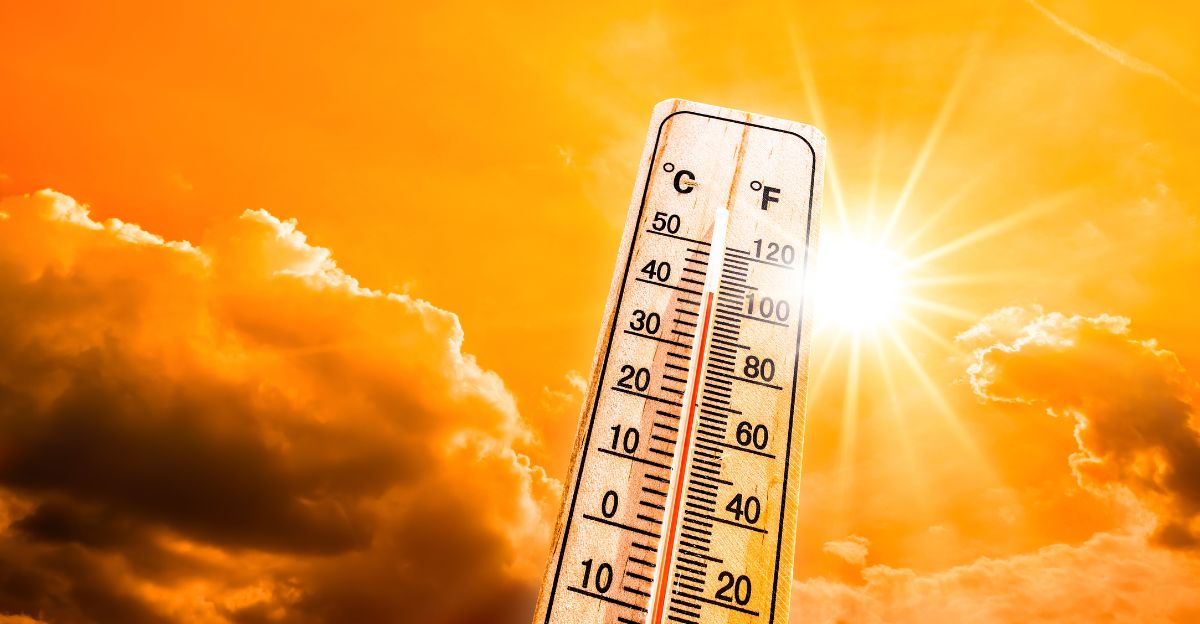
The current warning is especially urgent for residents of Nevada, California and Arizona. These states are being hit with an intense heatwave with temperatures expected to reach as high as 120 degrees Fahrenheit in some locations.
Cities like Las Vegas, Phoenix and parts of Southern California are on high alert as health and weather experts deliver warnings. The warning from the National Weather Service is aimed at those areas, advising people to rethink their caffeine consumption until the heat subsides.
With temperatures as extreme as these, even a seemingly innocuous cup of coffee could be become a serious threat for anyone exposed to sweltering outdoors.
The Science Behind Dehydration and Heat Stress
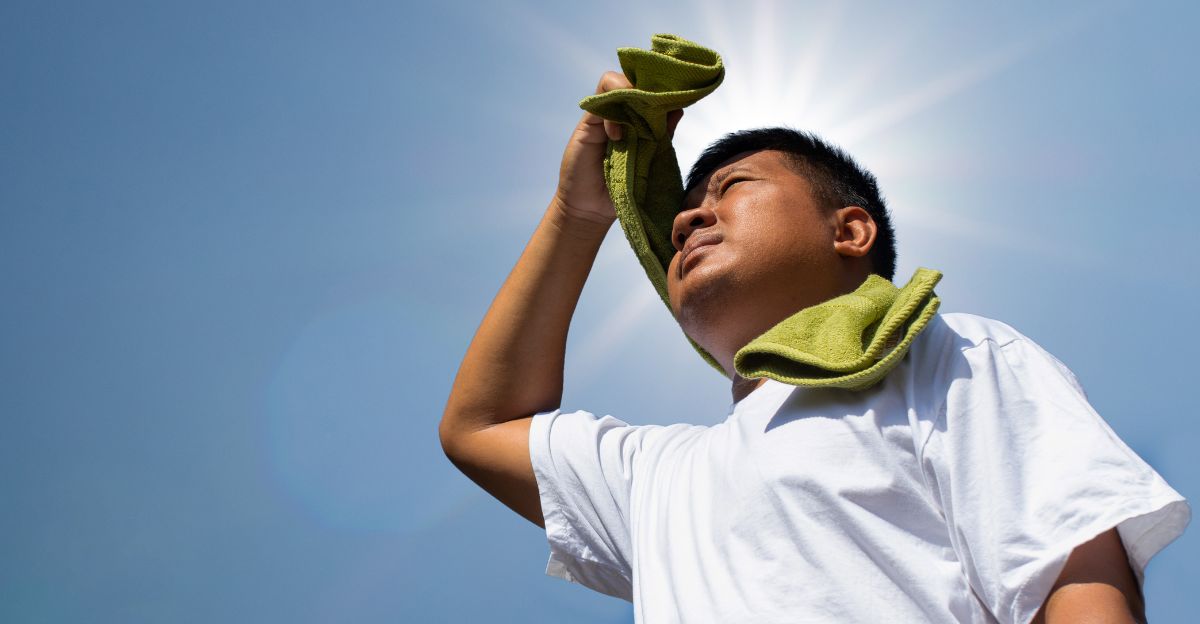
It’s important to understand why dehydration in extremes of heat can be so deadly. When you sweat to cool off, you lose liquids and electrolytes. Throw in caffeine’s diuretic effect, and you’re now excreting even more water in increased urine volume.
This double whammy reduces your blood volume, and makes it more difficult for your heart to pump blood and your organs to function properly. With decreased blood flow, organs like the kidneys, heart and brain are stressed, increasing the possibility of organ failure.
If it goes unchecked, dehydration can cause heat stroke, which is a dangerous medical emergency and requires prompt treatment.
Other Beverages and Foods to Avoid
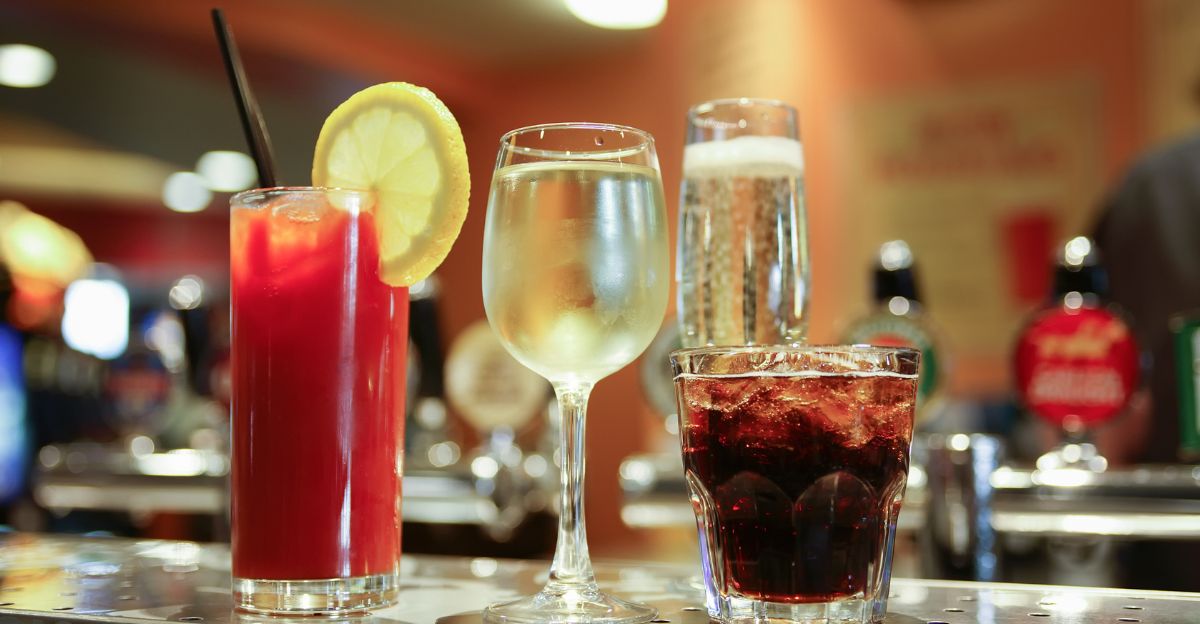
Coffee isn’t the only beverage that can dehydrate you during a heatwave. Health officials also warn against drinking energy drinks, sodas, and alcoholic beverages that can worsen fluid loss. But it’s not only what you drink; what you eat matters as well.
High-protein meals of steak or chicken requires more energy to digest, which in turn raises your body temperature. This process, called diet-induced thermogenesis, can make you even more susceptible to heat-related illness.
During extreme hear, it’s best to avoid protein-heavy meals and opt for lighter, hydrating foods to keep your body cool.
The Rising Toll of Heat-Related Deaths
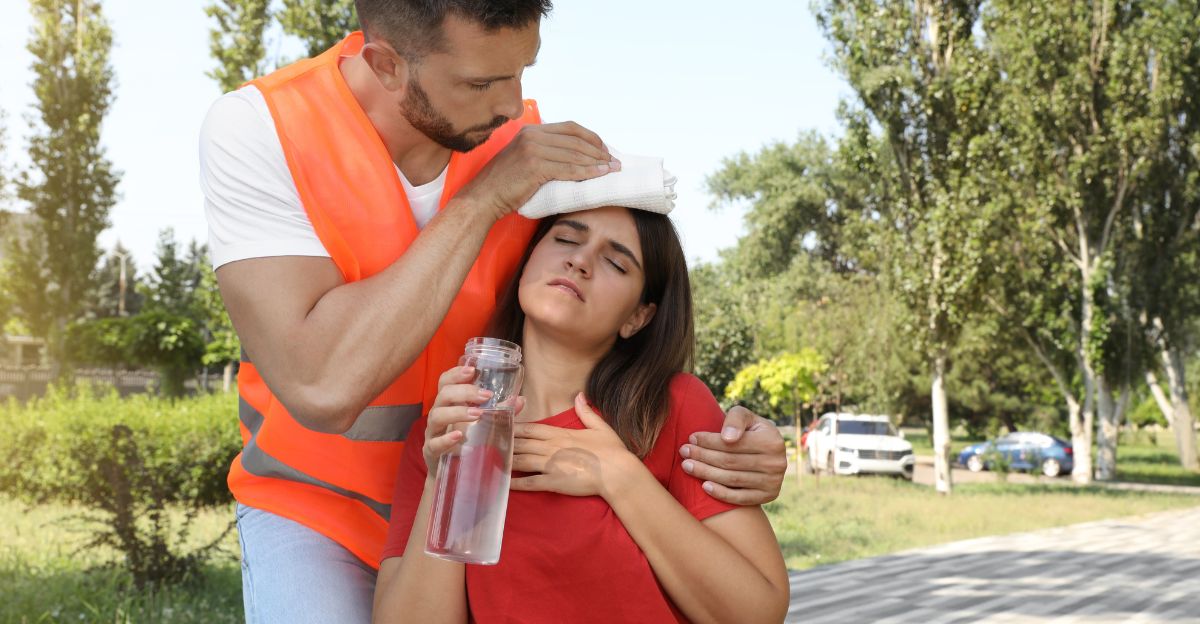
The number of heat-related deaths has doubled in the United States over the last 25 years. Experts warn that as climate change continuing to drive up average temperatures, these deaths could triple in the next 50 years.
Currently, about 1,200 Americans die annually from heat-related causes, but officials believe the true tally could be much higher, since such deaths are underreported.
The recent warnings about coffee and other dehydrating habits are part of a broader effort aimed at reducing such tragedies, particularly as heatwaves become more perilous in more regions, leaving vulnerable populations even more at risk.
Even Unexpected Regions Are Feeling the Heat
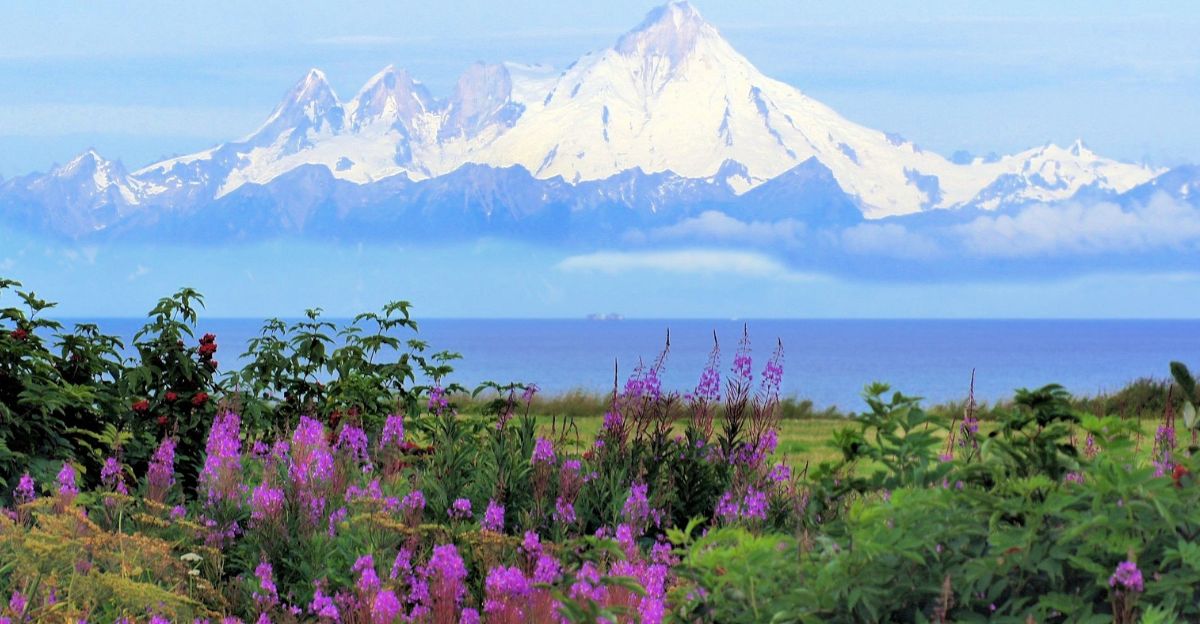
The effects of extreme heat aren’t confined to the desert Southwest. In a surprising development, Alaska recently issued its first ever heat advisory, as temperatures are set to hit 85 degrees Fahrenheit. That may not sound extreme compared to the Southwest, but it’s highly unusual for the region and signals a broader shift in climate patterns.
The fact that even traditionally cool states are being affected highlights the widespread nature of this year’s heat events.
Officials in Alaska and other parts of the country are calling on residents to take the same precautions, including rethinking the amount of caffeine and protein consumed during hot spells.
The Danger Inside Your Car on Hot Car
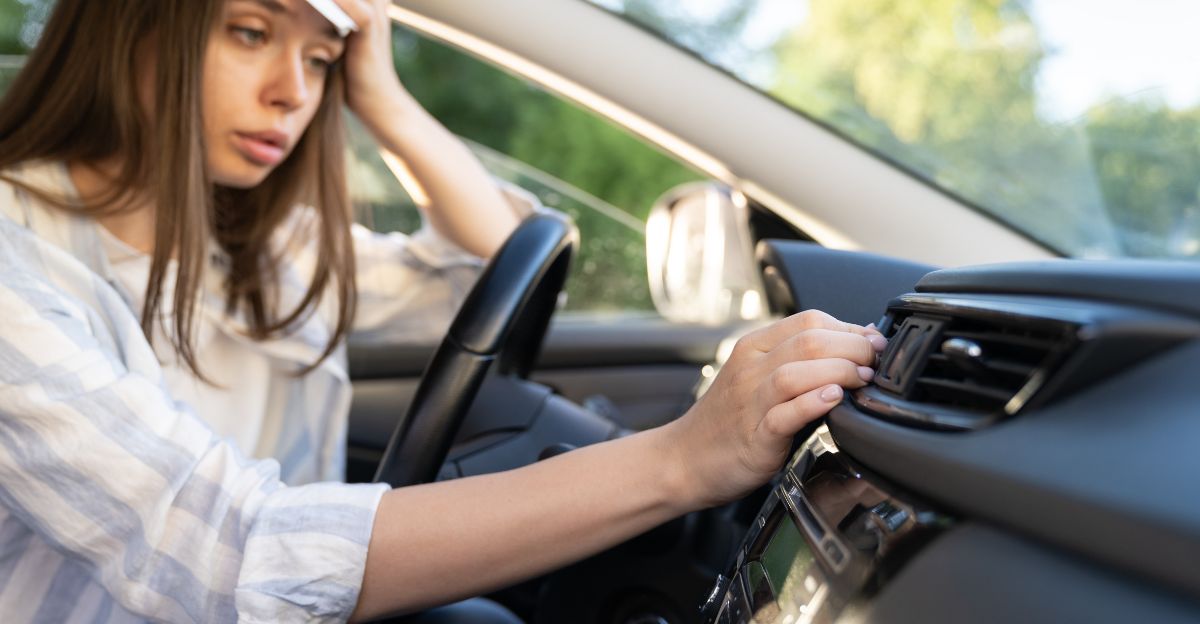
One of the most immediate and overlooked dangers during a heatwave is the rapid rise in temperature inside parked vehicles. The National Weather Service warns that temperatures inside a car can turn deadly quickly, even if the outside air feels bearable.
This poses a serious risk not only to children and pets but also anyone who could be trapped or incapacitated inside.
A combination of extreme outdoor heat and the greenhouse effect inside the vehicle which can have you suffering heat stroke and death in a short time. Officials remind everyone: never leave anyone — or anything — inside a parked car in extreme heat.
What to Drink and Eat Instead
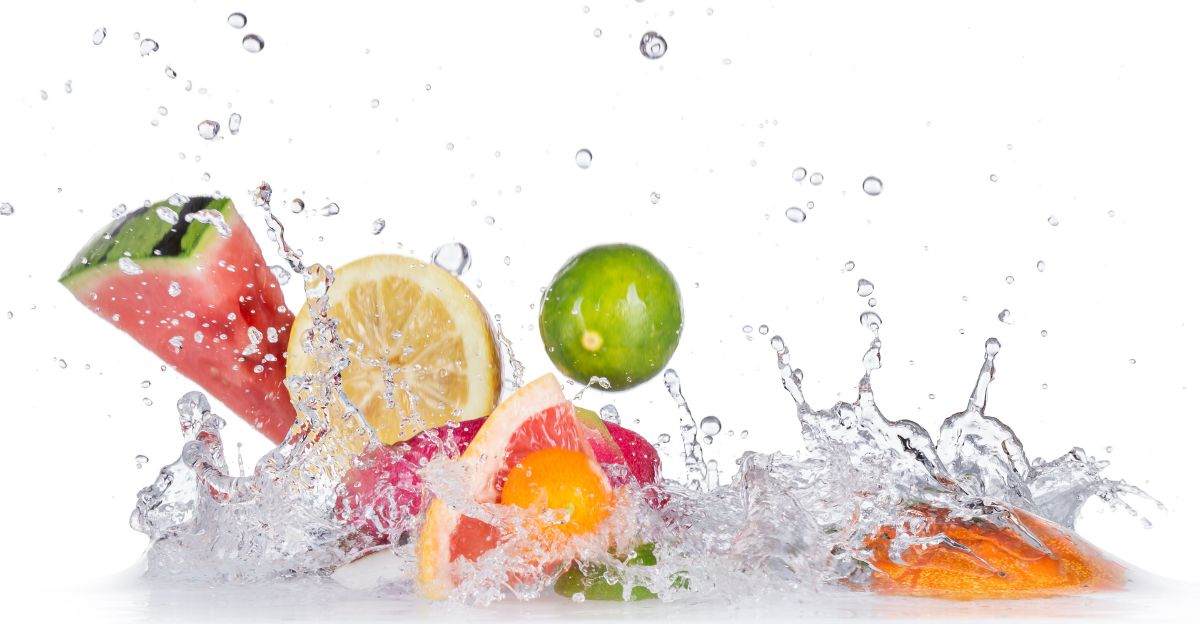
So, what should you grab when the heat is on? Health officials advise drinking plenty of water throughout the day, even if you don’t feel thirsty. Sports drinks that replenish electrolytes can be useful as well, especially if you are sweating heavily.
As for food, choose options that contain a high percentage of water, like watermelon, berries, melons and cucumbers.
These foods not only keep you hydrated, they also offer vital nutrients. By making a few smart choices about what you eat and drink, you could help your body stay cool and lower the risk of heat-related illnesses as summer temperatures peak.
Preparing for a Hotter Future
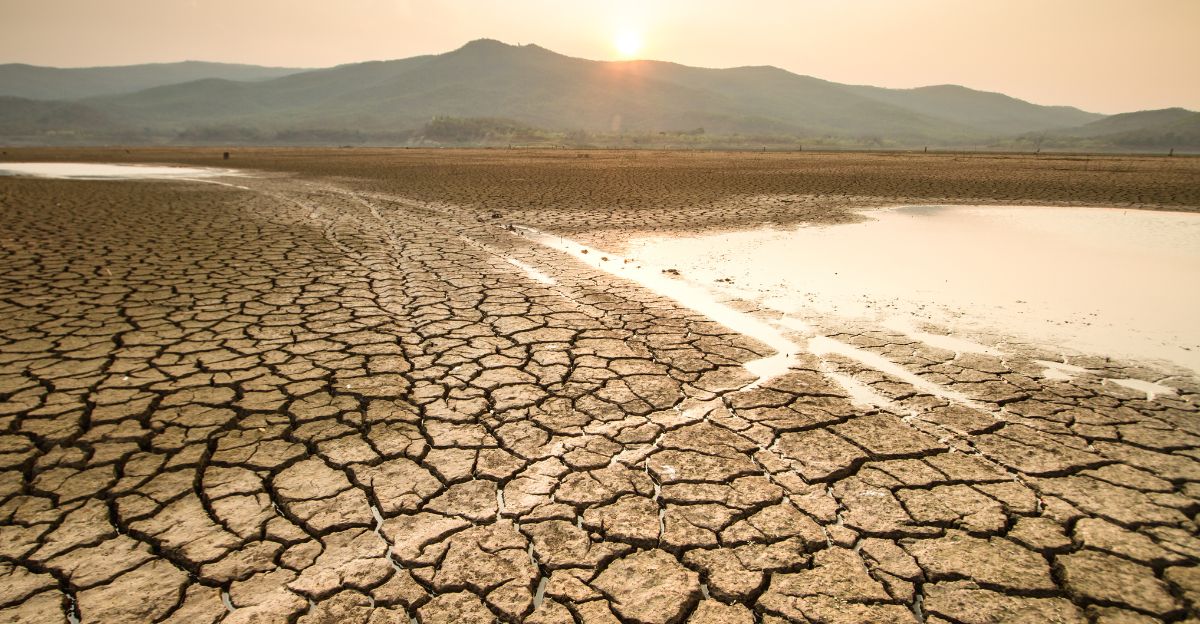
As heatwaves become more frequent and intense in the face of climate change, it’s clear that Americans will need to make changes to their daily routines. If you can, however, avoid diuretics like coffee, especially when it’s very hot, is just one of many adjustments that can protect your health.
Staying informed about weather advisories, choosing hydrating foods and beverages, and being mindful of heat risks in cars and homes are among the key measures.
With temperatures rising, these simple yet essential measures can mean the difference between staying safe and facing life-threatening consequences. The time to change our habits and stay vigilant is now.
Discover more trending stories and Follow us to keep inspiration flowing to your feed!

Craving more home and lifestyle inspiration? Hit Follow to keep the creativity flowing, and let us know your thoughts in the comments below!
